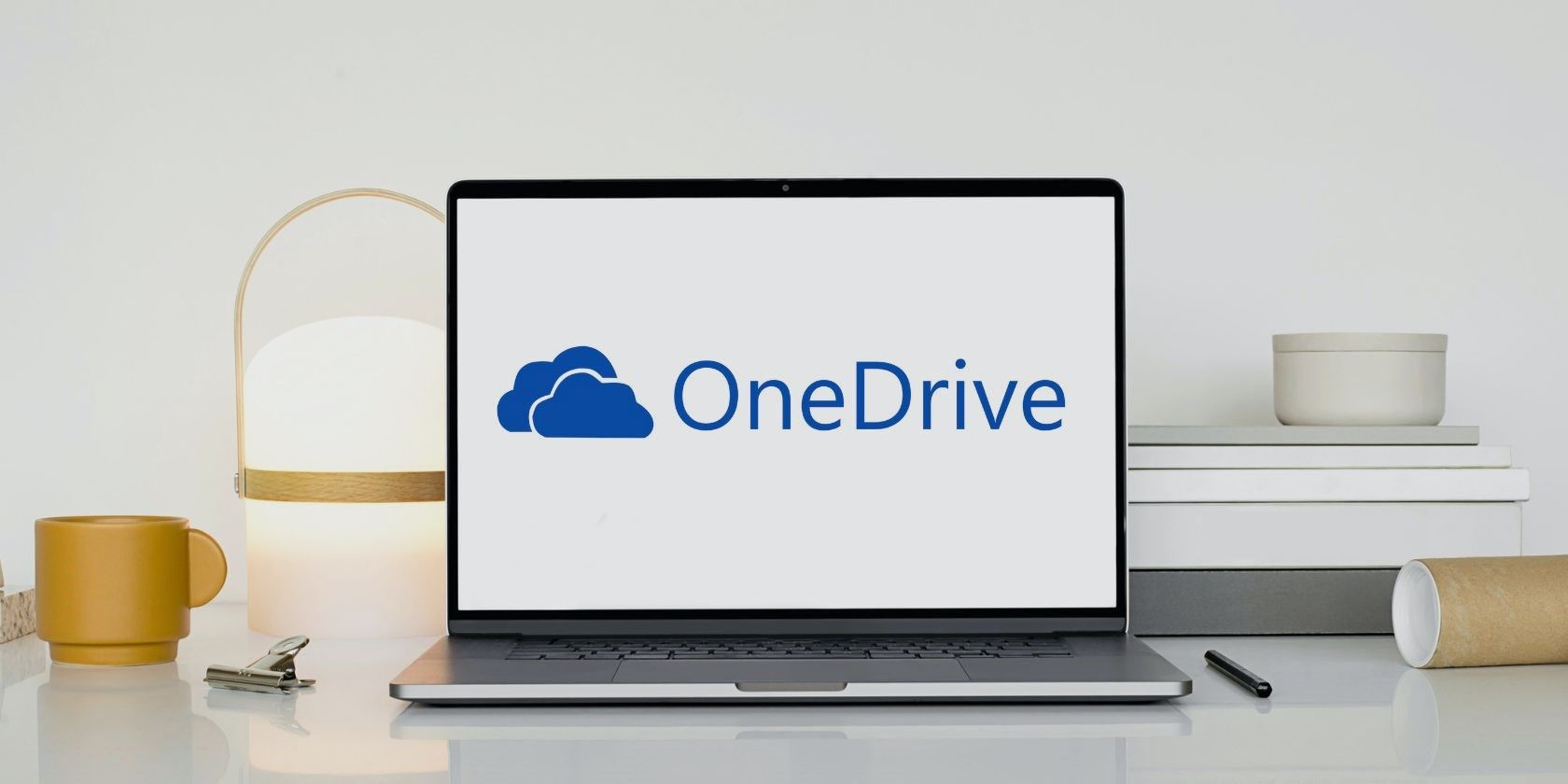
How Artificial Intelligence Revolutionizes Business Paperwork Analysis - A Guide From the ABBYY Expertise Corner

How Artificial Intelligence Revolutionizes Business Paperwork Analysis - A Guide From the ABBYY Expertise Corner
Turning Business Documents into Actionable Insights with AI
December 14, 2017

The rapid advancement in cognitive technologies is significantly impacting the way businesses transform their unstructured documents into actionable insights to achieve better business outcomes. The days are long gone when companies rely solely on OCR technology for converting business-critical documents into actionable information. ABBYY’s Chief Innovation Officer Anthony Macciola shares insights into next era of customer relationships and why companies must smarten up with artificial intelligence (AI).
Human in the Loop
Macciola believes that the on-going onslaught of AI and its integration in business will not remove the need for enterprises to have knowledge workers: “With all AI solutions, people with more advanced training are needed who understand the company’s core values in addition to the technology processes.” This is because people have the characteristics that AI solutions need, such as empathy, creativity, judgement and critical thinking skills. Therefore, the skilled worker will always be vital to the success of the organization.”
What do customers want?
The most appropriate mind-set for organizations, Macciola says, should be focusing on what customers are trying to do and adjusting to that. “Customers want a system to watch and learn what their knowledge workers are doing as part of their daily routines. They want a system that can then start recommending courses of action based on learned behavior. They also want the knowledge worker to be able to direct the system to automate from past recommendations.”
For Macciola, these insights point to machine learning and RPA. “RPA is likely going to make an impact on automating basic repetitive tasks. In addition, AI on top of RPA will advance the types of repetitive tasks that can be automated. ”
“Consequently, once organizations have automated various tasks by adding a level of learned intelligence, they’re going to want to monitor and understand the impact those efforts are having on their organization. This will result in businesses and their workforces going through a material change over the next three to five years.”
Adjusting to Disruption
Macciola believes organizations must adjust for AI to work successfully and this will demand a significant shift in skills. The priority will be having workers who are open to embracing new technology.
The general workplace will result in more tasks being addressed by a system of record applications. “In the mortgage lending market, for example, the dependency on a loan origination officer to drive the loan process will diminish over time due to the system being able to make intelligent decisions based on past funding behavior. This will leave only rules-based exceptions to require a loan processor’s attention, significantly reducing the overall workload for loan officers, while allowing them to be more responsive when an exception rises.”
“Another skills shift will be that the workers’ role will shrink from a span of control and expertise standpoint. As the software gets smarter, its dependency on the workforce shrinks and the knowledge workers will become more narrowly focused from a role and responsibility standpoint.”
Looking ahead
Macciola predicts industry will see significant change in three areas largely driven by the convergence of Robotic Process Automation and AI. RPA software is a powerful tool to perform manual, time-consuming, rules-based office tasks more efficiently by reducing cycle time and at lower costs than other automation solutions.
“The adoption and advancement of RPA will usher in a follow-on wave of machine learning capabilities associated with the automation of document processing, basic decision making and task automation. Use cases that have traditionally been associated with capture will converge with evolving document centric RPA use cases. The application of AI technology is now expanding to provide benefits in process automation, analytics, and process discovery use cases.”
“AI will also result in the automation of basic tasks performed by knowledge workers today and will have a large impact on the makeup and size of corporate work forces throughout fin-tech, healthcare, transportation and logistics, and government customer/constituent engagement scenarios.”
“Lastly, robotics will not be limited to R2D2 or C3PO. Software robotics will become pervasive within the corporate workplace at a pace much quicker than most people think… Within capture, within RPA, within analytics, and within monitoring and reporting (situational awareness).”
Read more: This article first appeared in the online edition of AI Business magazine. To view the issue in full, please go to https://aibusiness.com/abbyy-business-documents-actionable/ .
Digital Transformation Artificial Intelligence (AI) Robotic Process Automation (RPA) Enterprise
Like, share or repost
Share
Subscribe for blog updates
First name*
E-mail*
Сountry*
СountryAfghanistanAland IslandsAlbaniaAlgeriaAmerican SamoaAndorraAngolaAnguillaAntarcticaAntigua and BarbudaArgentinaArmeniaArubaAustraliaAustriaAzerbaijanBahamasBahrainBangladeshBarbadosBelgiumBelizeBeninBermudaBhutanBoliviaBonaire, Sint Eustatius and SabaBosnia and HerzegovinaBotswanaBouvet IslandBrazilBritish Indian Ocean TerritoryBritish Virgin IslandsBrunei DarussalamBulgariaBurkina FasoBurundiCambodiaCameroonCanadaCape VerdeCayman IslandsCentral African RepublicChadChileChinaChristmas IslandCocos (Keeling) IslandsColombiaComorosCongo (Brazzaville)Congo, (Kinshasa)Cook IslandsCosta RicaCroatiaCuraçaoCyprusCzech RepublicCôte d’IvoireDenmarkDjiboutiDominicaDominican RepublicEcuadorEgyptEl SalvadorEquatorial GuineaEritreaEstoniaEthiopiaFalkland Islands (Malvinas)Faroe IslandsFijiFinlandFranceFrench GuianaFrench PolynesiaFrench Southern TerritoriesGabonGambiaGeorgiaGermanyGhanaGibraltarGreeceGreenlandGrenadaGuadeloupeGuamGuatemalaGuernseyGuineaGuinea-BissauGuyanaHaitiHeard and Mcdonald IslandsHoly See (Vatican City State)HondurasHong Kong, SAR ChinaHungaryIcelandIndiaIndonesiaIraqIrelandIsle of ManIsraelITJamaicaJapanJerseyJordanKazakhstanKenyaKiribatiKorea (South)KuwaitKyrgyzstanLao PDRLatviaLebanonLesothoLiberiaLibyaLiechtensteinLithuaniaLuxembourgMacao, SAR ChinaMacedonia, Republic ofMadagascarMalawiMalaysiaMaldivesMaliMaltaMarshall IslandsMartiniqueMauritaniaMauritiusMayotteMexicoMicronesia, Federated States ofMoldovaMonacoMongoliaMontenegroMontserratMoroccoMozambiqueMyanmarNamibiaNauruNepalNetherlandsNetherlands AntillesNew CaledoniaNew ZealandNicaraguaNigerNigeriaNiueNorfolk IslandNorthern Mariana IslandsNorwayOmanPakistanPalauPalestinian TerritoryPanamaPapua New GuineaParaguayPeruPhilippinesPitcairnPolandPortugalPuerto RicoQatarRomaniaRwandaRéunionSaint HelenaSaint Kitts and NevisSaint LuciaSaint Pierre and MiquelonSaint Vincent and GrenadinesSaint-BarthélemySaint-Martin (French part)SamoaSan MarinoSao Tome and PrincipeSaudi ArabiaSenegalSerbiaSeychellesSierra LeoneSingaporeSint Maarten (Dutch part)SlovakiaSloveniaSolomon IslandsSouth AfricaSouth Georgia and the South Sandwich IslandsSouth SudanSpainSri LankaSurinameSvalbard and Jan Mayen IslandsSwazilandSwedenSwitzerlandTaiwan, Republic of ChinaTajikistanTanzania, United Republic ofThailandTimor-LesteTogoTokelauTongaTrinidad and TobagoTunisiaTurkeyTurks and Caicos IslandsTuvaluUgandaUkraineUnited Arab EmiratesUnited KingdomUnited States of AmericaUruguayUS Minor Outlying IslandsUzbekistanVanuatuVenezuela (Bolivarian Republic)Viet NamVirgin Islands, USWallis and Futuna IslandsWestern SaharaZambiaZimbabwe
I have read and agree with the Privacy policy and the Cookie policy .
I agree to receive email updates from ABBYY Solutions Ltd. such as news related to ABBYY Solutions Ltd. products and technologies, invitations to events and webinars, and information about whitepapers and content related to ABBYY Solutions Ltd. products and services.
I am aware that my consent could be revoked at any time by clicking the unsubscribe link inside any email received from ABBYY Solutions Ltd. or via ABBYY Data Subject Access Rights Form .
Referrer
Last name
Query string
Product Interest Temp
UTM Campaign Name
UTM Medium
UTM Source
ITM Source
GA Client ID
UTM Content
GDPR Consent Note
Captcha Score
Page URL
Connect with us
Also read:
- [New] Mastering Timing on Mobile Top 10 Apps for Couple's Special Day
- [Updated] In 2024, A Comprehensive Guide to Creating Compelling FB Reels
- [Updated] Laptop & Mobile Guide for Initiating Google Meet
- 「免費オンラインWTVコンバーター - MOVAVI」
- 線上直接 MJPEG 免費解決方案 - Movavi 之選
- Bez Souladu Zvuku: Kompletní Nahrávka Obrazovky S MoVaRi - Efektivní Řešení
- Fixing Non-Functional Dolby Atmos Soundbars on Your PC with Windows 11/10
- Flat Video Zu Videobluray-Umwandlung Kostenlos Online Bei Movavi Bewerkstelligen
- Hilarious Hits for iPhones
- Infusing YouTube Soundtracks Within Multimedia
- Kostenlos Konvertieren Von Webm in MP3: Effizienter Online-Service Bei Movavi
- The Ultimate Guide to Exceptional Data Retrieval, by Singh
- Unveiling the Truth: An In-Depth Viber Out Review Guide
- 오늘날의 가장 우아한 영상 변환: OGV, MPEG 무료 온라인 자동화
- Title: How Artificial Intelligence Revolutionizes Business Paperwork Analysis - A Guide From the ABBYY Expertise Corner
- Author: Andrew
- Created at : 2024-10-01 04:36:57
- Updated at : 2024-10-05 17:29:32
- Link: https://discover-blog.techidaily.com/how-artificial-intelligence-revolutionizes-business-paperwork-analysis-a-guide-from-the-abbyy-expertise-corner/
- License: This work is licensed under CC BY-NC-SA 4.0.